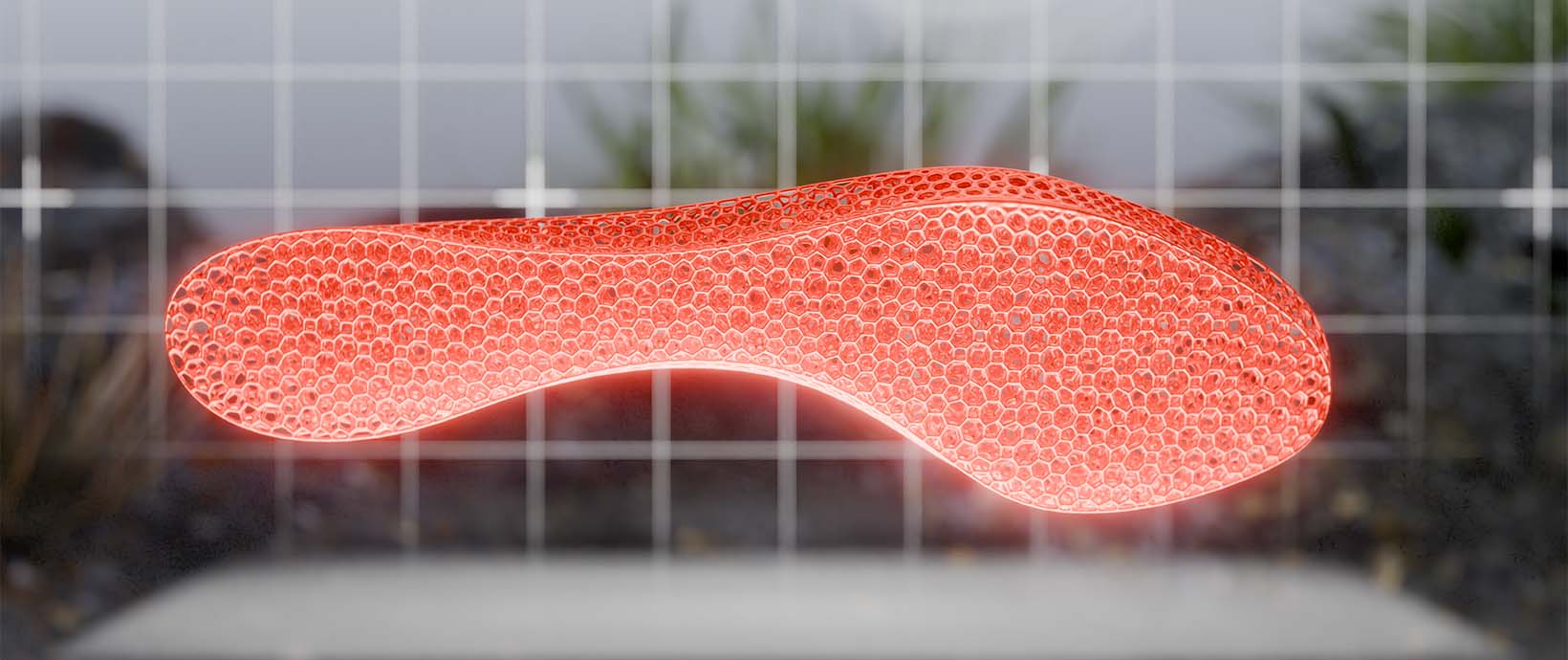Future Says S4E1: Reinventing the Car and Exploring Automotive Megatrends
It’s not hard to understand why Peter Campbell, global motor industry correspondent at the Financial Times, is so excited about his area of focus. As he explains in the first episode of season four of Altair’s Future Says podcast, the automotive industry is experiencing unprecedented disruption and facing a myriad of automotive megatrends. And the future promises even more in the way of radical transformation.
In his role with the Financial Times (FT), one of the world’s oldest and most influential daily business newspapers, Campbell enjoys a front-row seat to the unfolding dramas that are reinventing not just the automotive industry, but the very definition of what a car is. What’s more, in addition to unearthing a regular stream of breaking stories at the heart of the automotive world, Campbell chairs the FT’s annual Future of the Car summit. As a result, he’s the perfect guest to kick off a new season of Future Says that will focus on the automotive industry and how the convergence of artificial intelligence (AI), data analytics, simulation, and high-performance computing (HPC) will help enterprises meet the challenges ahead.
Merging Automotive Megatrends
In conversation with Future Says host Sean Lang, Campbell stresses how the scale of the challenges facing the automotive industry could hardly be greater. Individually, the automotive megatrends of electrification, autonomous driving, mobility-as-a-service, and the connected car all represent massive forces. In the global motor industry, they’re landing simultaneously.
If that wasn’t enough raw material for a journalist, Campbell also discusses the role the automotive sector has played in major geopolitical events of recent years. Then there’s the history of electric vehicle (EV) startups and the growing influence of Chinese EV manufacturers. Finally, throw a cast of larger-than-life characters into the mix to get a never-ending stream of storylines.
Campbell offers fascinating insights on all the above, along with alternative approaches to decarbonization, the influence of regional regulation, and how digital lifestyles could irrevocably change our relationship with the automobile.
Who’s Winning the Race to Electrification?
Regarding EV startups, Campbell points out that, compared to cars powered by an internal combustion engine (ICE), EVs appear relatively straightforward. That’s one reason why the EV space has attracted so many ambitious newcomers. But mass producing any vehicle is still incredibly difficult, and there are many electrification challenges. It really comes down to what Elon Musk refers to as “production hell,” and emphasizes Tesla’s achievements in establishing itself as a serious player.
With the new generation of Chinese manufacturers, Campbell believes a different story is emerging. “China sees the EV revolution as its chance to take on the world,” he said. The country is aiming to become a leader in batteries, creating the opportunity to own the powertrain of the future. Geely already owns, or has a significant stake in, brands like Volvo, Mercedes, and Lotus. The highly integrated BYD is another he believes is worth watching.
Campbell also predicts that, due to electrification challenges, the EV transition will be far from linear. In terms of what we’ll be driving in the next five to ten years, change for many people will actually be slow. “A huge amount comes down to who you are and where you are,” he said. With a typical ICE running at only 30% efficiency, there’s still plenty of room for improvement in legacy technologies. What’s more, various global regions don’t lend themselves to wholesale electrification. Consequently, Campbell said, “there is going to be a very, very long tail of ICE for a long time to come in many parts of the world.”
Betting on Alternative Fuels for Decarbonization
In pursuit of decarbonization, there are plenty of exciting alternative technologies both within and beyond electrification. Solid state batteries and hydrogen fuel cells are definitely on that list; the key here will lie in energy storage. But Campbell believes that another option, eFuels, are less likely to make a quick impact. Moreover, he highlights just how tricky it is to invest in blue sky development when regional regulators are imposing demanding timetables that favor electrification. Without any clear indication of future outcomes, placing long-term bets on alternatives is a high-risk business.
When Will Autonomous and Digital Take Over?
When it comes to autonomous driving, Campbell is skeptical that we’re on the cusp of the much-hyped robot revolution. The crucial debate is around safety, which is another area where the scale of engineering challenges shouldn’t be underestimated. Technically speaking, it’s extremely hard to deliver Level 5 autonomy (a fully autonomous vehicle) in environments such as inner cities. Politically, societies simply won’t accept driver or pedestrian injuries from fully autonomous vehicles, even if these vehicles are much less likely to cause harm than human drivers. If driver monitoring and override systems become the norm, Campbell believes it will be possible to eliminate the main causes of accidents without going fully autonomous. Self-driving technology will therefore remain focused on business segments such as robotaxis.
In addition, an important but less-publicized trend is the growing expectation that cars should provide a seamless extension of consumers’ digital lifestyles. Campbell points to software as a huge issue for manufacturers, and an area where western OEMs in particular don’t have a great track record. Some have looked to create their own digital ecosystems, effectively going head to head with the likes of Apple and Google. Ultimately, if software interfaces defined by mobile phone makers become more important to consumers than the driving experience itself, car manufacturers will have to work even harder to differentiate their products.
Conclusion
Across all these topics, Campbell returns to some universal truths. No one can be certain where the car and the motor industry are heading. And all automotive manufacturers are facing the same problems and coming up with different answers. “It’s actually an industry entering a labyrinth, in which no one has any idea about which the right way to go is.” All of which sets us up perfectly for a new season of Future Says episodes diving deep into the world of automotive. To learn more about the Future Says series and browse previous episodes, visit https://altair.com/future-says.
Future Says season four is proudly sponsored by Oracle. Oracle offers integrated suites of applications plus secure, autonomous infrastructure in the Oracle Cloud. For more information about Oracle (NYSE: ORCL), please visit www.oracle.com.




